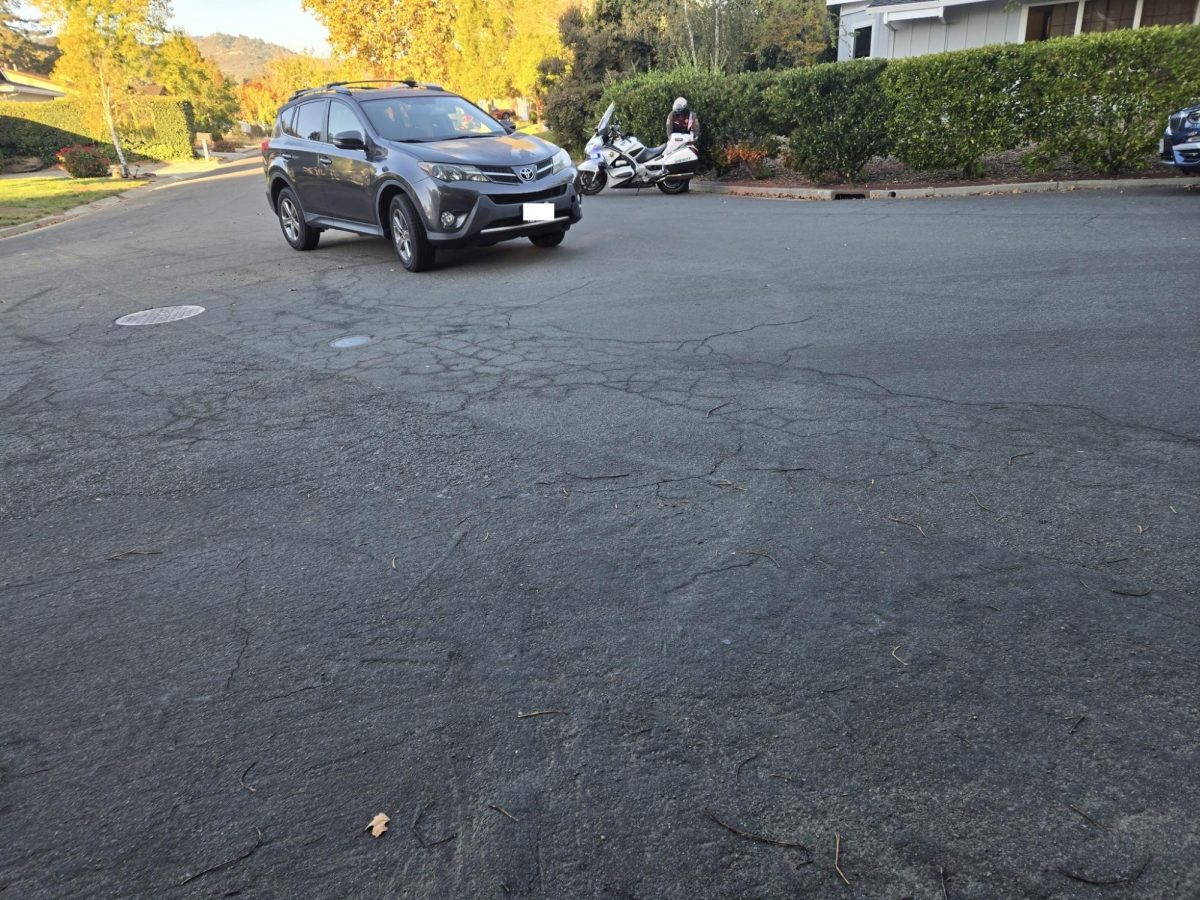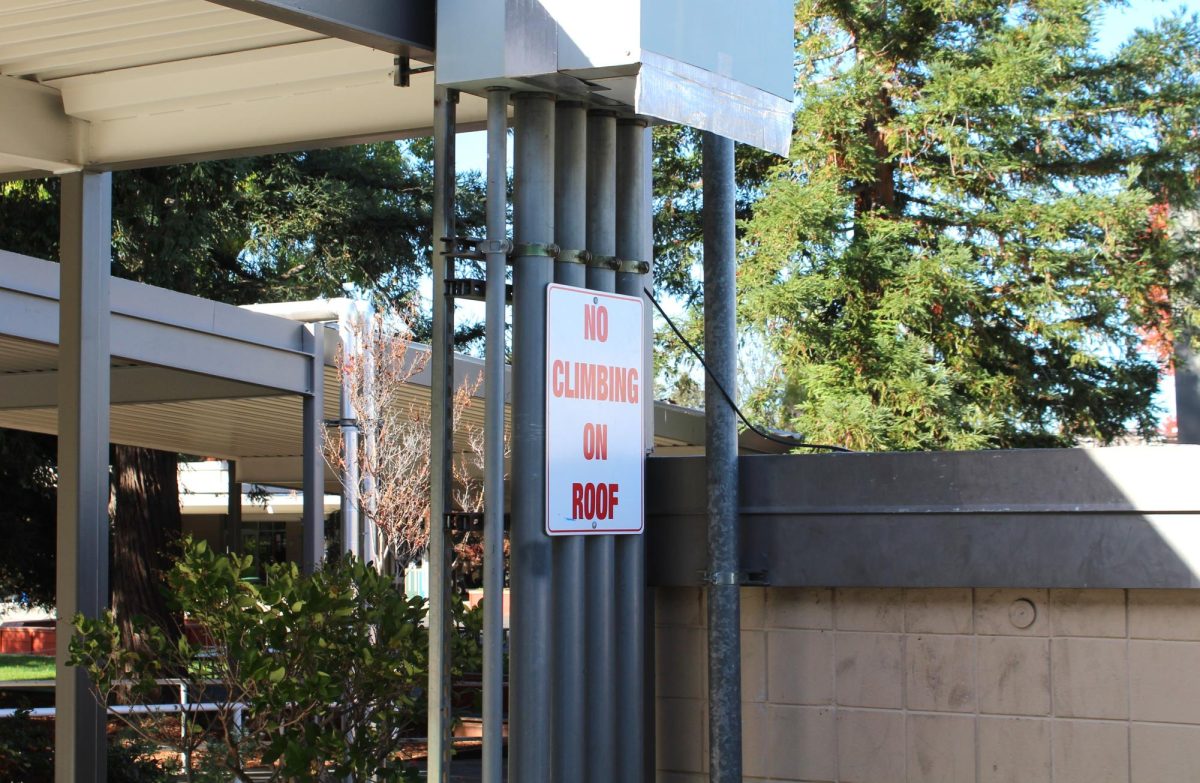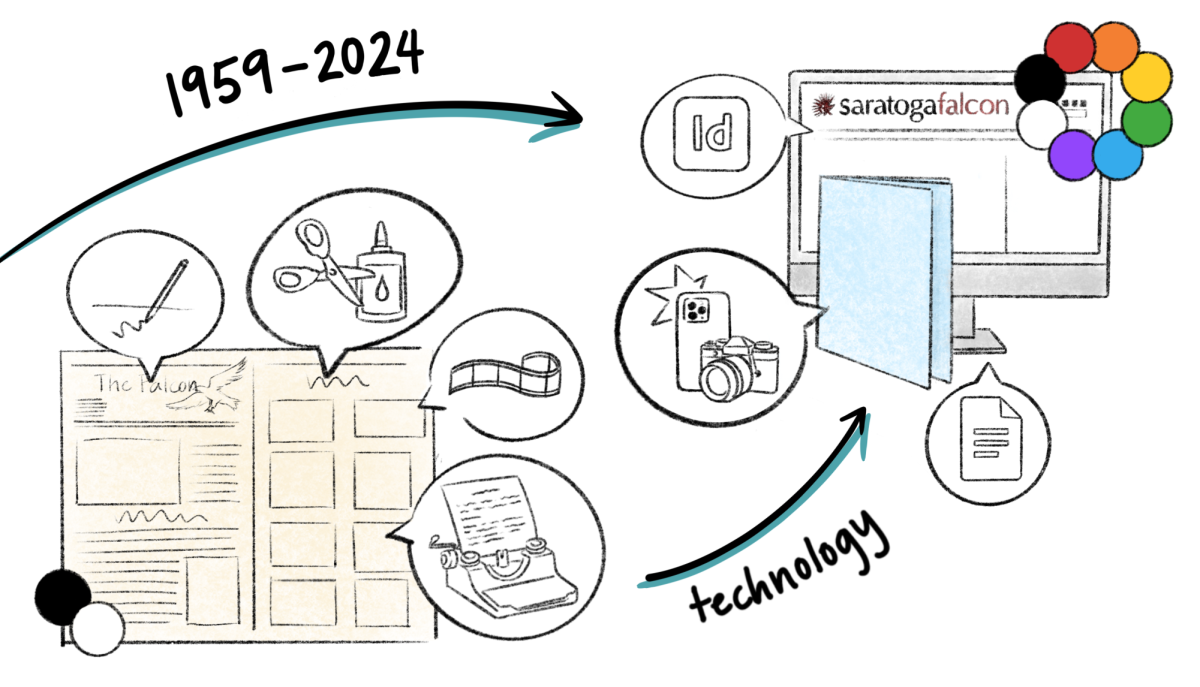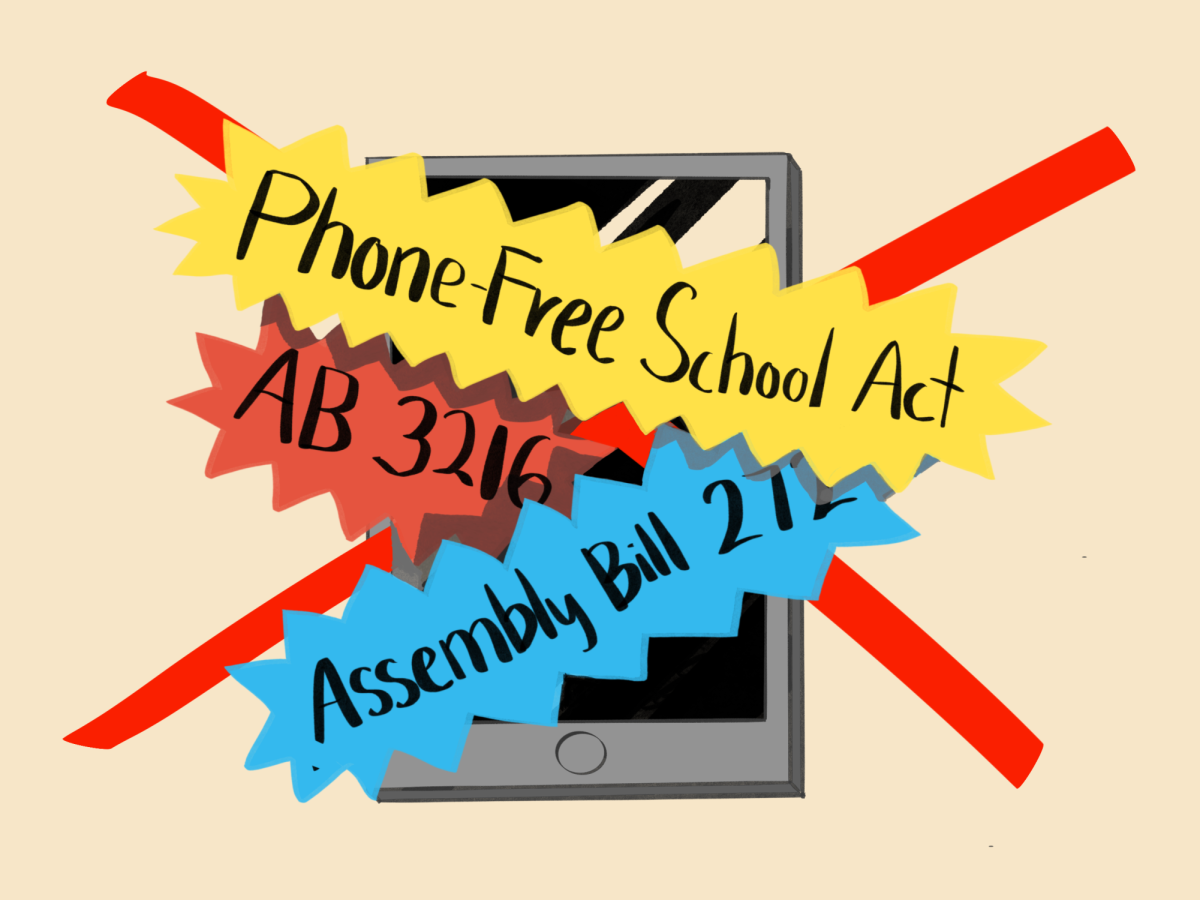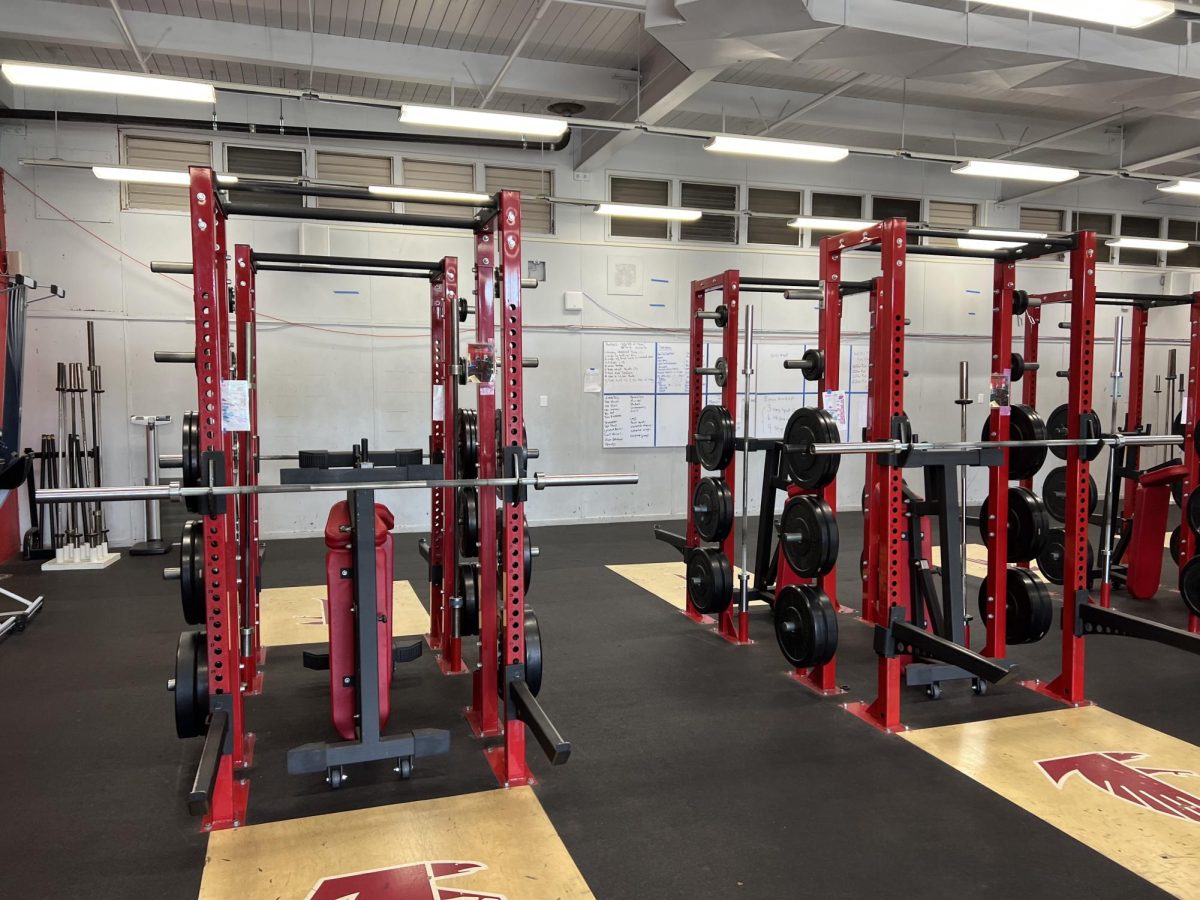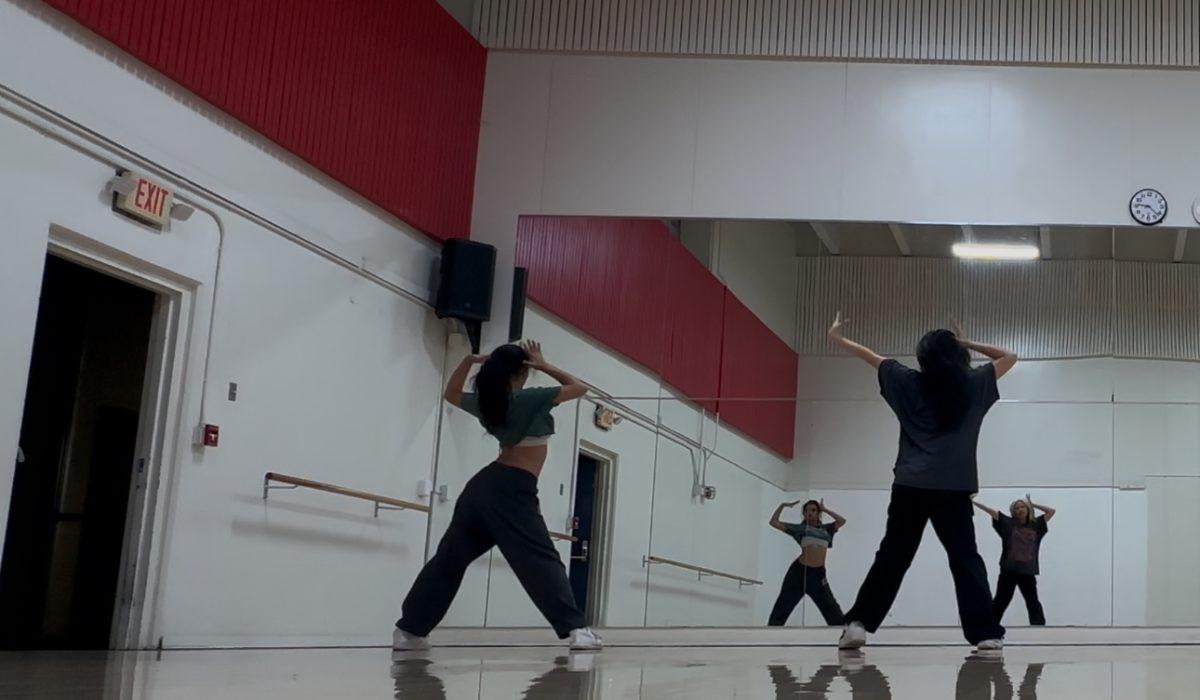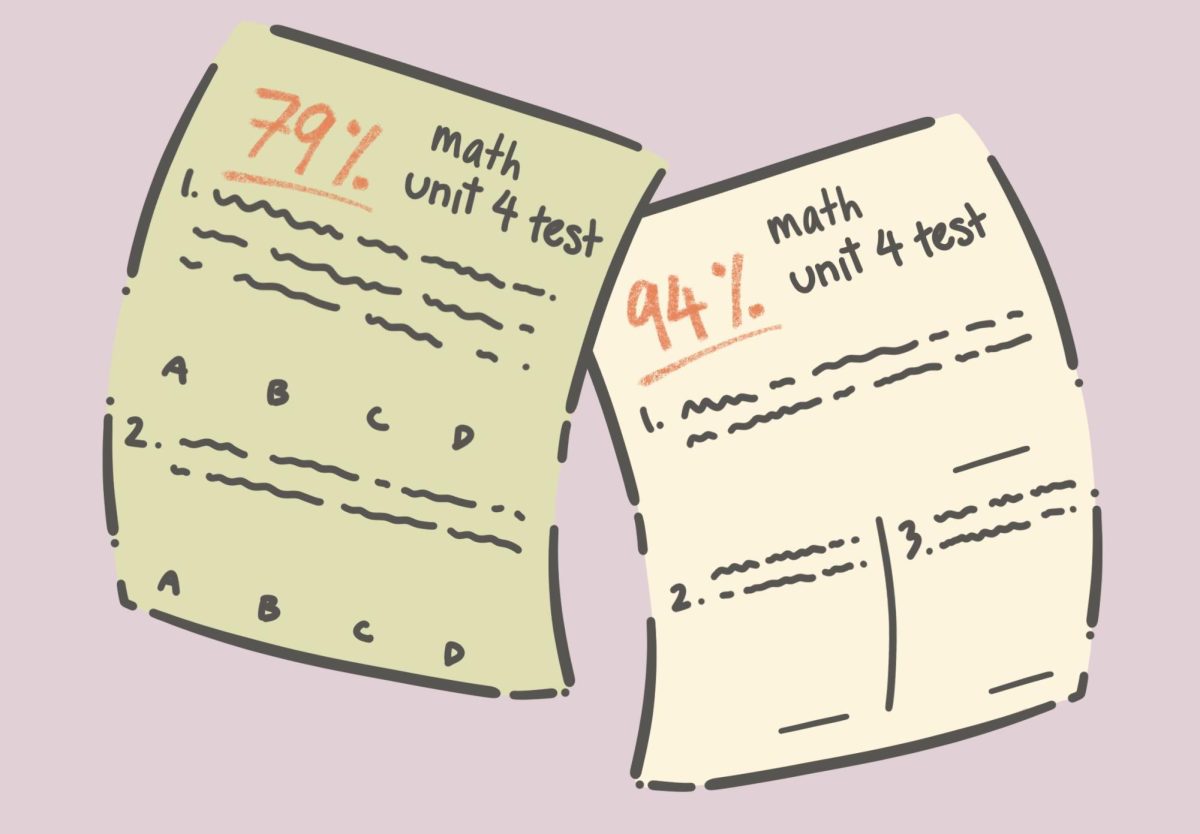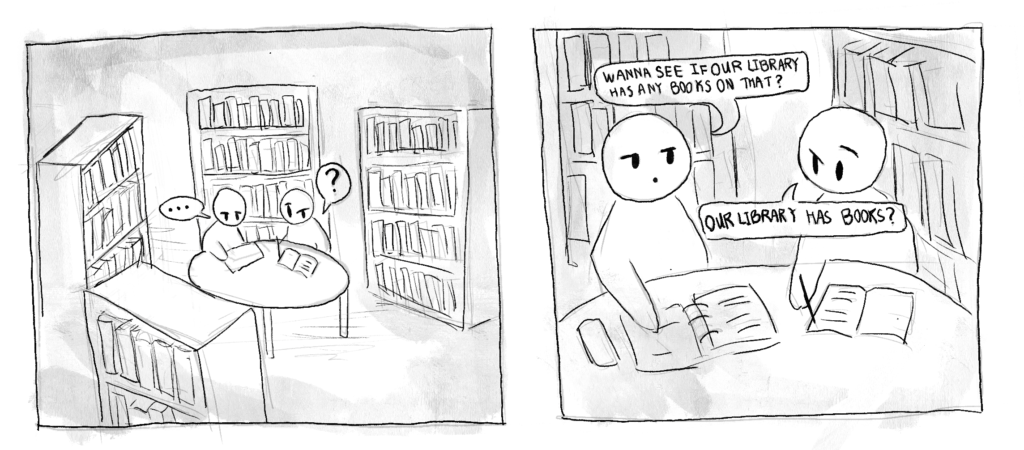I love to read, but just not at the school library. To me, the library is a place to do homework, print papers and collaborate on school projects during tutorial — not a place to check out books.
When I do check out books, I check them out at the Saratoga Public Library, which offers a more extensive catalog, in addition to e-book options. And while I admit that there is a certain charm to reading paperback copies of books, the convenience of online versions better matches a highschool student’s busy and fast-paced life.
Although it is nice to have a large catalog in the school library, many of the books simply aren’t used enough to justify the space they take. The library currently houses around 20,000 books, of which only 5 percent were checked out yearly before the pandemic. With many students having now switched to more convenient electronic versions for multiple reasons, the demand for physical books may now be even less.
Thus, the school should sell books that haven’t been checked out in over 20 years at a county-wide book fair and donate the unsold books to the county library. The funds raised could go toward a renovation of the school library, which should be divided into two sections: A group-work area where students can collaborate, and a quiet study area where students can work in absolute silence, especially as the library fills up.
Of course, the school library should still keep a robust collection of popular books that students traditionally have checked out. Removing a majority of the unused books will not decrease students’ interest in reading, but will instead highlight truly special and interesting books.
For example, the library could implement a curated section, where teachers would choose books they like or think may interest students. Books could be added each semester, and at the end of the year, the most checked out books could stay in the library while the rest would be donated to the county library.
Popular books and new releases should stay in their place near the entrance, and new books could also be added to a new online library system. Similar to popular online systems, such as Libby, the library could also provide unlimited access to school textbooks and English reading material, while also providing copies of popular books, especially those difficult to check out at the county library.
Ultimately, the library shouldn’t be just another student center, but instead, a haven for students to read and quietly study — and one easy way to do that is to remove books that haven’t been cracked open in ages.




